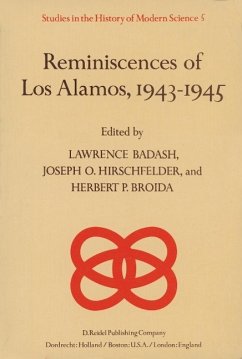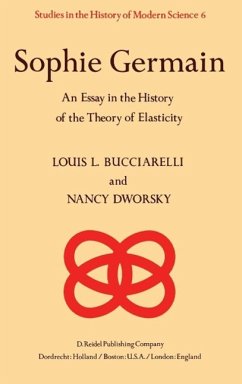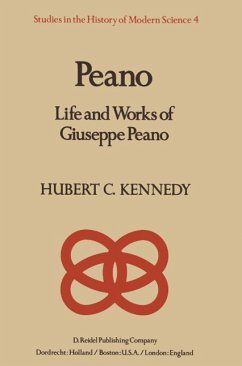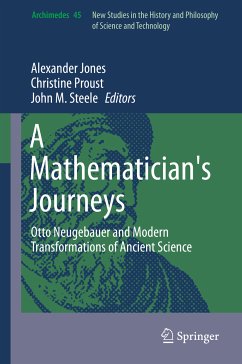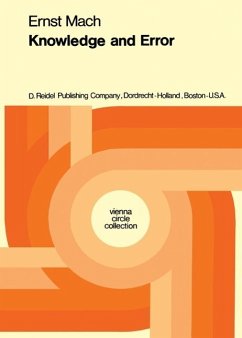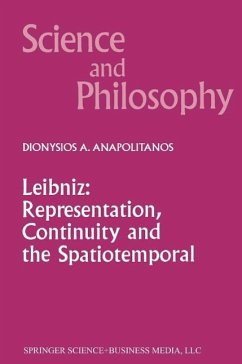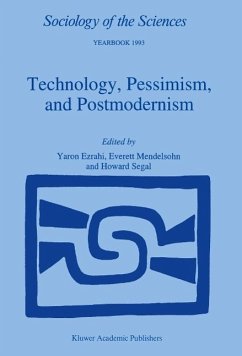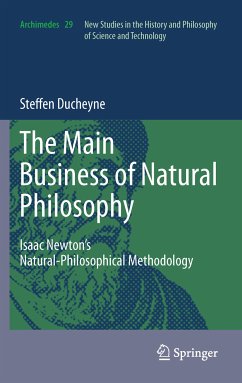
"The main Business of natural Philosophy" (eBook, PDF)
Isaac Newton's Natural-Philosophical Methodology
Versandkostenfrei!
Sofort per Download lieferbar
112,95 €
inkl. MwSt.
Weitere Ausgaben:

PAYBACK Punkte
56 °P sammeln!
In this monograph, Steffen Ducheyne provides a historically detailed and systematically rich explication of Newton's methodology. Throughout the pages of this book, it will be shown that Newton developed a complex natural-philosophical methodology which encompasses procedures to minimize inductive risk during the process of theory formation and which, thereby, surpasses a standard hypothetico-deductive methodological setting. Accordingly, it will be highlighted that the so-called 'Newtonian Revolution' was not restricted to the empirical and theoretical dimensions of science, but applied equal...
In this monograph, Steffen Ducheyne provides a historically detailed and systematically rich explication of Newton's methodology. Throughout the pages of this book, it will be shown that Newton developed a complex natural-philosophical methodology which encompasses procedures to minimize inductive risk during the process of theory formation and which, thereby, surpasses a standard hypothetico-deductive methodological setting. Accordingly, it will be highlighted that the so-called 'Newtonian Revolution' was not restricted to the empirical and theoretical dimensions of science, but applied equally to the methodological dimension of science. Furthermore, it will be documented that Newton's methodology was far from static and that it developed alongside with his scientific work. Attention will be paid not only to the successes of Newton's innovative methodology, but equally to its tensions and limitations. Based on a thorough study of Newton's extant manuscripts, this monograph will address and contextualize, inter alia, Newton's causal realism, his views on action at a distance and space and time, the status of efficient causation in the /Principia/, the different phases of his methodology, his treatment of force and the constituents of the physico-mathematical models in the context of Book I of the /Principia/, the analytic part of the argument for universal gravitation, the meaning and significance of his regulae philosophandi, the methodological differences between his mechanical and optical work, and, finally, the interplay between Newton's theology and his natural philosophy.
Dieser Download kann aus rechtlichen Gründen nur mit Rechnungsadresse in A, B, BG, CY, CZ, D, DK, EW, E, FIN, F, GR, HR, H, IRL, I, LT, L, LR, M, NL, PL, P, R, S, SLO, SK ausgeliefert werden.




